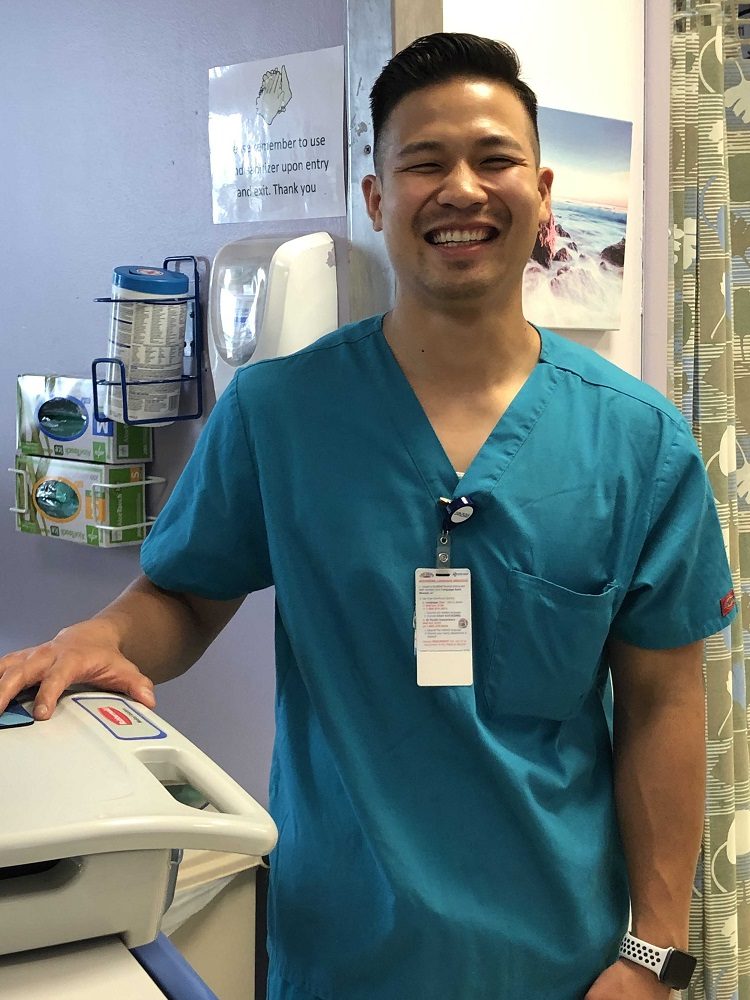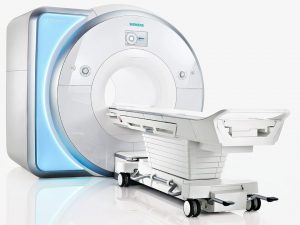Our nurses are the pillars of our community. In addition to meeting the demands of being a caregiver, they wear several hats including that of an educator, nurturer, and comforter.
Not only to do nurses care for patients; they provide support to families and loved ones during difficult times.
Our nurses pour their hearts into all aspects of their job, and this is one of the many reasons why we celebrate their accomplishments.
Join us in congratulating Chenfei Huang RN for receiving Flushing Hospital Medical Center’s Nurse of the Month.
Meet Chenfei:
Q: How long have you been working for FHMC?
A: I started working at Flushing September of 2015. Initially started on telemetry 3N2, and later transitioned to ICU
Q: On which unit do you currently work?
A: ICU: MICU, SICU, CCU
Q: Why did you want to become a nurse?
A: The increasing diversity of the population in the metro area. The need for nurses with cultural awareness and understanding of specific population groups. I have an appreciation for the complexity of medical conditions. Lastly, patients are living longer, I want to ensure that our population will receive the very best healthcare for years to come.
Q: What is the best part of your job?
A: The ability to advocate for patients. In ICU, many patients are so sick that they are unable to speak up. Nurses are the voice of the patients. The gratitude you receive from patients is priceless.
All content of this newsletter is intended for general information purposes only and is not intended or implied to be a substitute for professional medical advice, diagnosis or treatment. Please consult a medical professional before adopting any of the suggestions on this page. You must never disregard professional medical advice or delay seeking medical treatment based upon any content of this newsletter. PROMPTLY CONSULT YOUR PHYSICIAN OR CALL 911 IF YOU BELIEVE YOU HAVE A MEDICAL EMERGENCY.




 The Healthcare Association of New York State (HANYS) highlights the many ways its member hospitals and health systems are transforming healthcare with their “Innovation Spotlight” campaign. Flushing Hospital Medical Center (FHMC) is proud to have been highlighted as an “Innovator” in advocating for healthy mothers and newborns.
The Healthcare Association of New York State (HANYS) highlights the many ways its member hospitals and health systems are transforming healthcare with their “Innovation Spotlight” campaign. Flushing Hospital Medical Center (FHMC) is proud to have been highlighted as an “Innovator” in advocating for healthy mothers and newborns.




 Like Flushing’s previous MRI machine, the new model features an open-bore design, with an extra wide patient tube to accommodate larger patients. The larger size also increases comfort levels and decrease feelings of claustrophobia for all patients. The open-bore feature results in fewer patients requiring sedation and provides overall higher patient satisfaction.
Like Flushing’s previous MRI machine, the new model features an open-bore design, with an extra wide patient tube to accommodate larger patients. The larger size also increases comfort levels and decrease feelings of claustrophobia for all patients. The open-bore feature results in fewer patients requiring sedation and provides overall higher patient satisfaction.